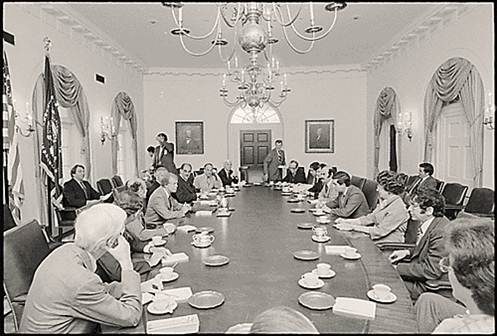 by Phil Jewitt
by Phil Jewitt
Let’s face it; life in public sector comms is only going to get tougher.
Budgets are reducing, we might have less staff in future and I think it’s fair to say we have a few more lean years to come.
So we have to learn how to work smarter.
And the fine people here at Comms2point0 and friends have provided some great comms resources, advice and guidance on how we can share and adapt to do the best we can.
We are generally being asked to do more with less. Codswallop. Not possible. Better with less; maybe, less with less; yes. But let’s not kid ourselves we really can turn water into wine.
So I thought I’d share with you my experience of flexible working. Not necessarily a communications resource but something that you might feel may be of use in your efforts to work smarter and create time to do the things you are good at.
My organisation is piloting flexible working. Various options of hot desking, working from home, changed working patterns etc etc. We are piloting some projects on the understanding that when staff transfer from one office location to another, they move in on a reduced ratio of desks to staff.
My situation is slightly different in that I am covering 2 major projects at opposite ends of town. One of which I also need to engage with a lot of service areas in other locations. I don’t have a permanent home, I’m a nomad, sometimes even a cuckoo. I mostly hot desk but work at home on Wednesdays. This arrangement means a lot of meetings, travel time and logging in. Potentially a right pain.
Last year I was fortunate to be recognised in our staff awards for being ‘open, honest and trusted’. It meant heaps to me that my colleagues took time to nominate me in the first place but then to win the award was ace.
So this year I’ve been a bit shrewd and used that award to promote the ‘telling it how it needs to be’ and the ‘we need to work smarter’ messages. Bit of an ambassador for the award I suppose.
And after reading Will Mapplebeck’s recent post about telling it how it is (good man Will!) I happened to tweet “finally arrived at a week where my ‘give me a good reason to come to your meeting’ produces the goods”. It got retweeted and a various brief conversations started.
Now this is only a small tip. But do you really need to go to all the meetings you are invited to? Would some suffice with a phone call instead? Could you have your meeting by instant messenger and invite the people who would have come to the meeting to the ‘instant conversation’? You can also cut and paste the conversation for instant minutes!
Obviously how you initially ask the question “do I really need to come to your meeting?” is key. You don’t want to get labelled with being a bit arsey. It’s important to balance the required outcome with offering the meeting organiser a benefit for them too. Perhaps suggest that time is tight that day and on this occasion do they think you could cover the meeting in a phone call. The worst that can happen is that they say no. If it works then push it a bit more.
As Will suggested - it's time to swallow hard, speak up and throw a comms spanner in the works. Some spanners ease tough nuts!
Go on I dare you. It worked for me
Phil Jewitt is senior communications manager, strategy and resource, at Leeds City Council
